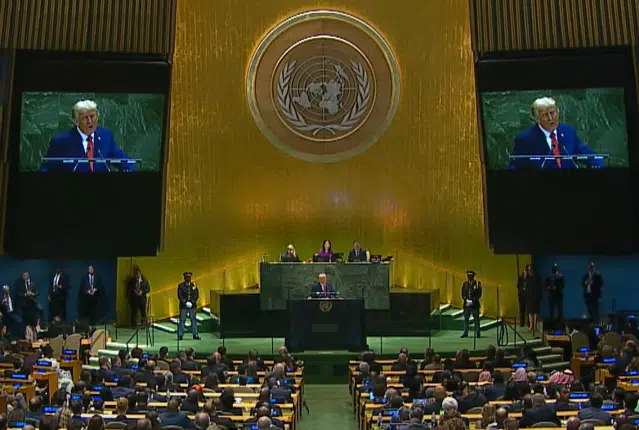As the summer heat wave rolls on, electric utilities in localities across the country are asking customers to curb usage to avert brownouts.
With a growing population in the 21st Century, increased demand for electricity is a certainty, particularly in the summer months.
That means more power plants will be needed here in the future.
Instead, Environmental Protection Agency (EPA) regulations are threatening to shut down about 285 coal-fired power plants, says a recent analysis from an industry group.
“Regrettably, the number of coal units being forced to close continues to grow,” said Mike Duncan, president and CEO of American Coalition for Clean Coal Electricity (ACCCE). “Yet, EPA continues to downplay the damage its regulations are causing to the U.S. economy and to the many states that depend on coal for jobs and affordable electricity.”
According to the ACCCE analysis, the hardest hit states are Ohio, Pennsylvania, Georgia, West Virginia, Virginia, North Carolina, Kentucky, and Indiana. Nationwide, the number of actual plant closures is five times greater than EPA predicted would occur because of its regulations.
“Our country badly needs realistic energy and environmental policies that recognize the important role coal plays by providing affordable and reliable electricity. I hope the next Administrator will bring some balance to EPA’s regulations, but we’ll have to wait and see,” said Duncan.
Yet Gina McCarthy — slated to be the next EPA administrator, replacing Lisa Jackson — is no friend of coal. Nor will she do anything about rolling the agency’s carbon endangerment finding, which ruled that carbon dioxide, a biological gas necessary for the very existence of life, is a “harmful pollutant” under the terms of the Clean Air Act.
Nor will she repeal the EPA’s regional haze rule, carbon restrictions on new and existing power plants, and the “National Emission Standards for Hazardous Air Pollutants” that restricts mercury emissions from plants.
Sue-and-settle arrangements the agency enters with organizations will similarly continue. This is where a group sues demanding that the EPA enforce the law in a new, expanded way and the agency enters into a consent decree with the party, which is signed by a judge. This leaves the agency with new powers under the Clean Air and Water Acts.
And it’s only getting worse.
With all due respect to ACCCE, the problem will not be solved by the next EPA administrator somehow “bring[ing] some balance to EPA’s regulations.”
Nor will “wait and see” prove to be an effective strategy for an industry whose very survival is threatened. The damage is already being done.
Perhaps that is why ACCCE’s Duncan in a June 25 statement warned that if the Obama Administration “continues to adopt more regulations, coal power could cease to exist which would be devastating for our economy.”
It sure would be. That’s why a real fight needs to be waged — and soon.
To get back to normalcy, the already-enacted regulations need to be repealed by Congress. Any future regs should be submitted for congressional approval. And given Obama’s State of the Union threat to continue to pursue even more unilateral executive actions in lieu of climate change legislation, no nominee to the EPA should be confirmed.
And that’s just for starters.
Yet, Senate Republicans appear to have conceded that the agency’s existing rules will remain, to say nothing of the regulations yet to come. In a recent deal with Senate Majority Leader Harry Reid, McCarthy’s path to confirmation without a filibuster was paved.
Which means that in the coming years, the American people should expect more rationing, more brownouts, and less electricity from utilities in the summer’s hottest months when we need it the most to keep cool. For, rather than building more power plants, the EPA appears hell-bent on shutting them down.
So, the heat is on coal. The question is what, if anything, anyone is going to do about it. Merely speaking out is no longer cutting it.
Robert Romano is the Senior Editor of Americans for Limited Government.







